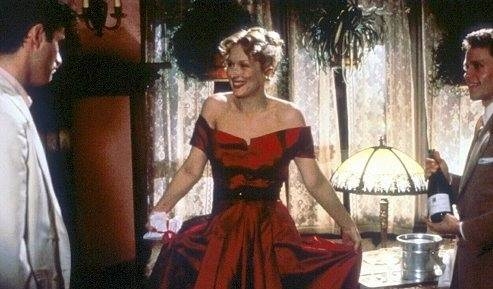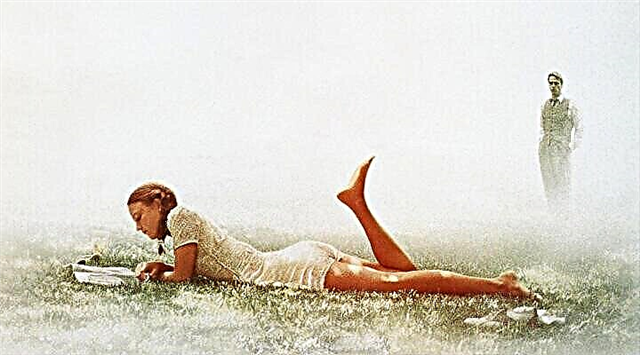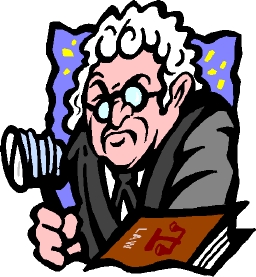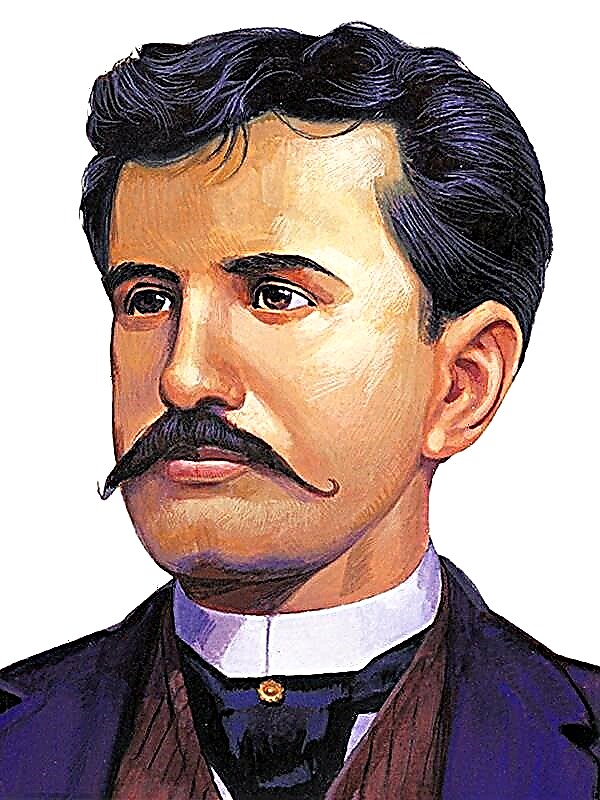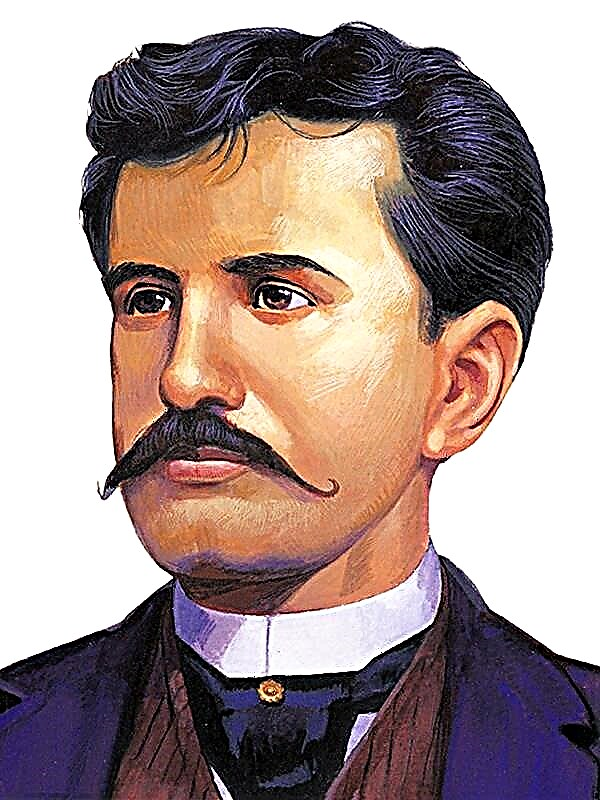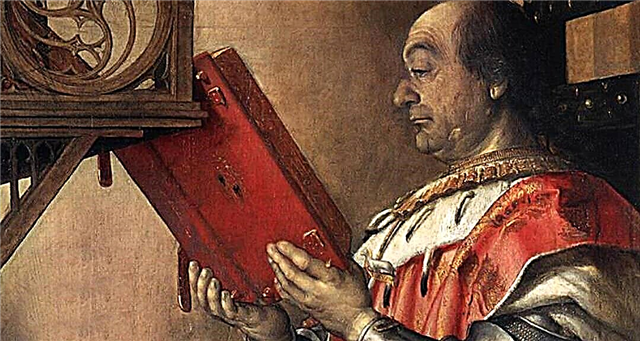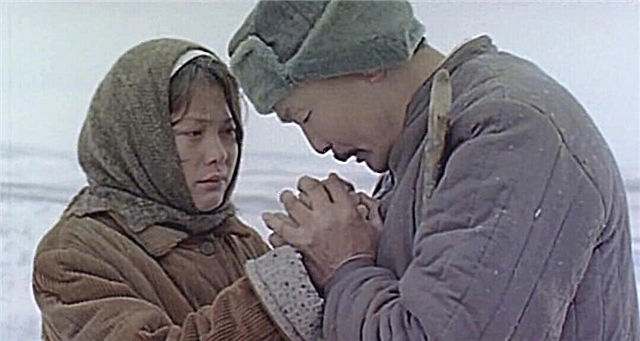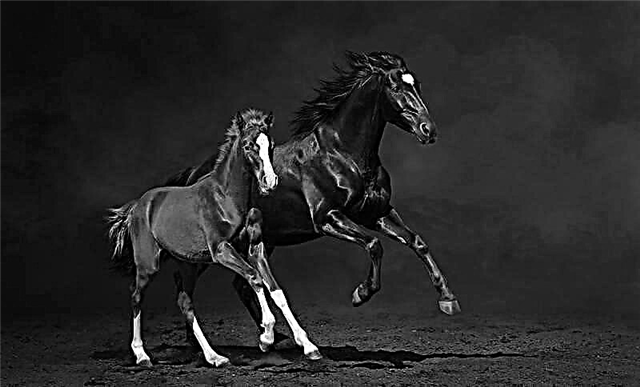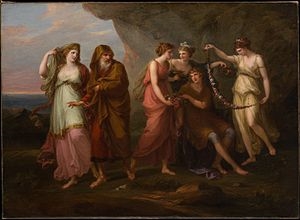Often a person with a sensitive heart and a good soul becomes cruel to others and even to himself - this is manifested in the aggressive orientation of his actions, which, however, have good reason. But can they justify cruelty? Is a person able to defeat her? Can the kindness of the environment help him in this fight? L. Tolstoy in his novel "War and Peace" revealed the answers to these questions.
- (Is kindness a weakness or strength?) Princess Marya Bolkonskaya is an example of sensitivity, meekness and mercy, which is manifested in almost every act of her: from selfless and active love for the whole family to the desire to help needy peasants. Unlike his daughter, Prince Nikolai Bolkonsky is a tough, sullen and demanding person. Stiffness for him is the core of character, and kindness is weakness. Therefore, he does not respect his daughter and constantly scolds her for every petty everyday occasion. But the reason for his dissatisfaction is more complicated: seeing the kindness of Mary, the prince instinctively tries to confront her, defending his right to behave differently. Showing categoricalness, rudeness and aggression, he declares war on senile weakness, which he sees in tact, courtesy and kindness. However, life put everything in its place: the hero realized his mistake when the forces really left him. Mary was left unprotected with a small nephew in her arms and rioting peasants when an enemy was approaching their land. But the kindness of the girl became her weapon, and weakness. The young woman did not abandon her father, despite the danger, nor did she leave her nephew. She fought valiantly with fear and assumed all responsibility for the family, while the old prince could not do anything with his cruelty. The peasants were afraid, but did not love him, therefore, when he fell down, they lost their hands. Only virtue helped in difficult times: Nikolai Rostov helped a good woman. Thus, it is kindness that is the real strength of character, but cruelty is just a manifestation of weakness and self-doubt.
- (How not to be hardened by life’s trials?) Pyotr Bezukhov is a character with a difficult fate, but he did not lose his good nature after all the tests passed: the death of his father, the betrayal of his wife and friend, war and captivity. He preserved the wonderful properties of his character, carried them through the ashes of battles and personal insults. The hero remained kind, slightly naive and capable of mercy and sympathy. How could he do this? The reason is simple: Pierre did not remember evil, he knew how to forgive and let go of negative emotions. The man was even able to make peace with his wife after her many betrayals, managed to forgive Dolokhov, who seduced Helen. He did not harbor evil at Kuragin, who almost deprived him of his inheritance and title. Moreover, Bezukhov tried to teach this to his friends, generously endowing them with the kindness of his soul. For example, he advised Andrei to forgive Natasha for the failed escape with Anatole, but Bolkonsky could not. The prince regretted it on his deathbed, when he nevertheless dumped the load from the soul and released this resentment back home. Thus, the ability to forgive is the basis of life in society and a necessary condition of virtue, because without it a person becomes hardened and loses the positive qualities of character.
- (How to teach a person kindness?) The Rostov family has an atmosphere of mutual understanding and love - that is why Natasha Rostova cannot be a cruel and heartless girl, like Helen Kuragin, for example. Despite her own hardships, she gives the “last” to people who have lost absolutely everything in the war, helping them to improve their life in every way. Only a truly kind person can limit himself for the welfare of others. Where did Natasha get such a quality? It is not easy to meet him in a noble environment, because noble gentlemen were indifferent to the war, their patriotism and love for their neighbors were ostentatious feelings. The reason for the formation of virtue in the heroine lies not in her social status, but in her family upbringing. Rostovs showed children a good example from birth. So, the father sacrificed almost the last money to pay his son’s card debt and save his honor. In addition, the Rostovs' married couple kept a poor relative Sonya, although the family was poor. Seeing this behavior of father and mother, Natasha began to behave in the same way. This means that you can teach a child to behave well only if his parents set a worthy role model.
- (Kindness in war, good conquers evil) War is a place of collision not only of military equipment, but also of the interests of the warring parties. It is on the battlefield that the true nature of man, his kindness or cruelty, is revealed. Plato Karataev - a captured soldier suffers only from a lack of material wealth, while his soul is filled with mercy, compassion and good-naturedness: he shares a piece of the last potato so that Pierre Bezukhov feels the “taste of life”, which the Count never knew Masonic lodge, not at receptions and balls. For Karataev, cruelty is an unnecessary thing, because of which bloody conflicts happen, in the world, in his opinion, only good rules, and all fighters are good, only far away for everyone they discover this quality in themselves. Surprisingly, even in captivity, this simple man retained a love for people and animals. His support saved Bezukhov’s life. In the midst of a riot of death and blood, Plato confronted this chaos and defeated him, because through his efforts Pierre survived, started a family and always remembered the mercy and wisdom of a simple soldier. Only kindness can stop the war and heal the wounds inflicted by it.
- (Cruelty is the weakness of the soul). Anatole Kuragin was always indifferent and cruel to people around him. He wasted huge amounts of money on entertainment and entertainment, led a shameful lifestyle, compromising his family and putting his father in a difficult financial situation. The hero did not think about the consequences of his actions, did not think about responsibility for his actions. Anatole agreed to participate in his father’s infamous intrigues, he was looking for a profitable game, but even this business he could not finish to the end. He became interested in Natasha Rostova and decided to abduct her by disgracing the girl. He could not marry, since he was already married, but the heroine did not know about it. Fortunately, Sonya prevented the abduction by telling Natasha's parents about him. But the young man did not even repent of his evil, he simply left the city so as not to be responsible for his meanness. His cruelty is a real manifestation of weakness, because he does everything secretly, fearing publicity and punishment, as if he is a little boy who hides the fragments of his mother’s favorite vase all his life. Anatole is shy of himself, hiding his biography, just to hide from the inevitable tragic consequences. His example proves that cruelty is the destiny of cowards.
Is something missing? Write, add!

